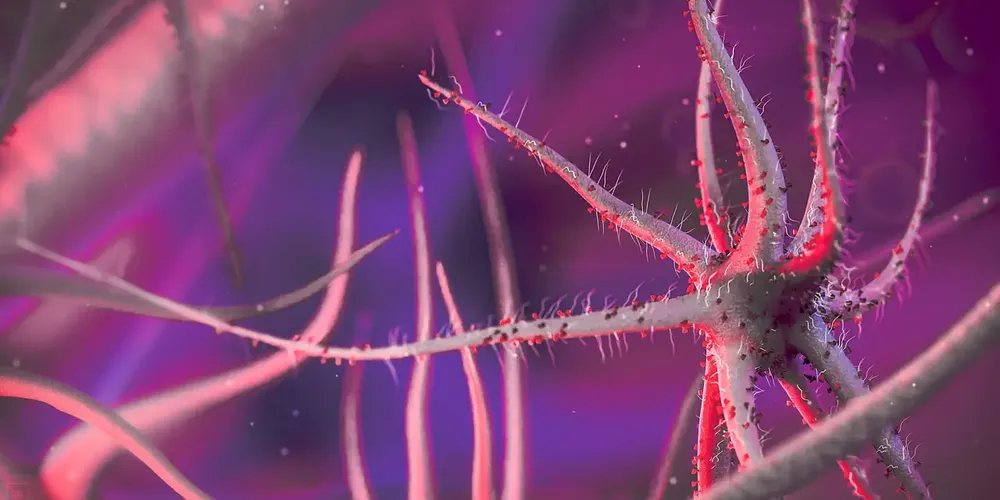
Microplastics Wreak Havoc on Mouse Gut Health, Revealing Gender Disparities
A new study has revealed the significant impact of polystyrene microplastics (PS-MPs) on the gut health of mice, with notable differences between male and female subjects. Researchers found that exposure to PS-MPs disrupted the microstructure of the small intestine, reduced expression of tight junction genes in the duodenum and jejunum, and caused dysbiosis in the gut microbiota. The study, conducted on Kunming mice, showed that PS-MPs led to a reduction in villus height, disruption of villus integrity, decreased villus surface area, and increased crypt depth in the small intestine. This structural damage was accompanied by a downregulation of tight junction protein genes like Claudin-1, Claudin-2, and ZO-1 in the duodenum and jejunum, potentially compromising the intestinal barrier function. Analysis of the gut microbiota revealed significant changes in composition following PS-MP exposure. Notably, there was a decrease in the relative abundance of Firmicutes and an increase in Bacteroidetes, altering the Firmicutes-to-Bacteroidetes ratio - a marker of gut dysbiosis. The study also found a reduction in Lachnospirales, bacteria known for producing beneficial short-chain fatty acids. Interestingly, the researchers observed sex-specific differences in the impact of PS-MPs on gut microbiota. Female mice showed more pronounced changes in microbiota composition and a greater decrease in the relative abundance of Firmicutes compared to males. Additionally, functional gene analysis revealed significant alterations in metabolic processes, particularly in female mice. These findings highlight the potential risks of microplastic pollution on mammalian gut health and underscore the importance of considering sex differences in future research on environmental pollutants. The study provides valuable insights into the complex interactions between microplastics, gut microbiota, and intestinal health, paving the way for further investigations into the long-term health implications of microplastic exposure in mammals.
This work was published on the journal PloS one on 2024-01-01 with the title "The impact of microplastics polystyrene on the microscopic structure of mouse intestine, tight junction genes and gut microbiota." It is available at: 10.1371/journal.pone.0304686.